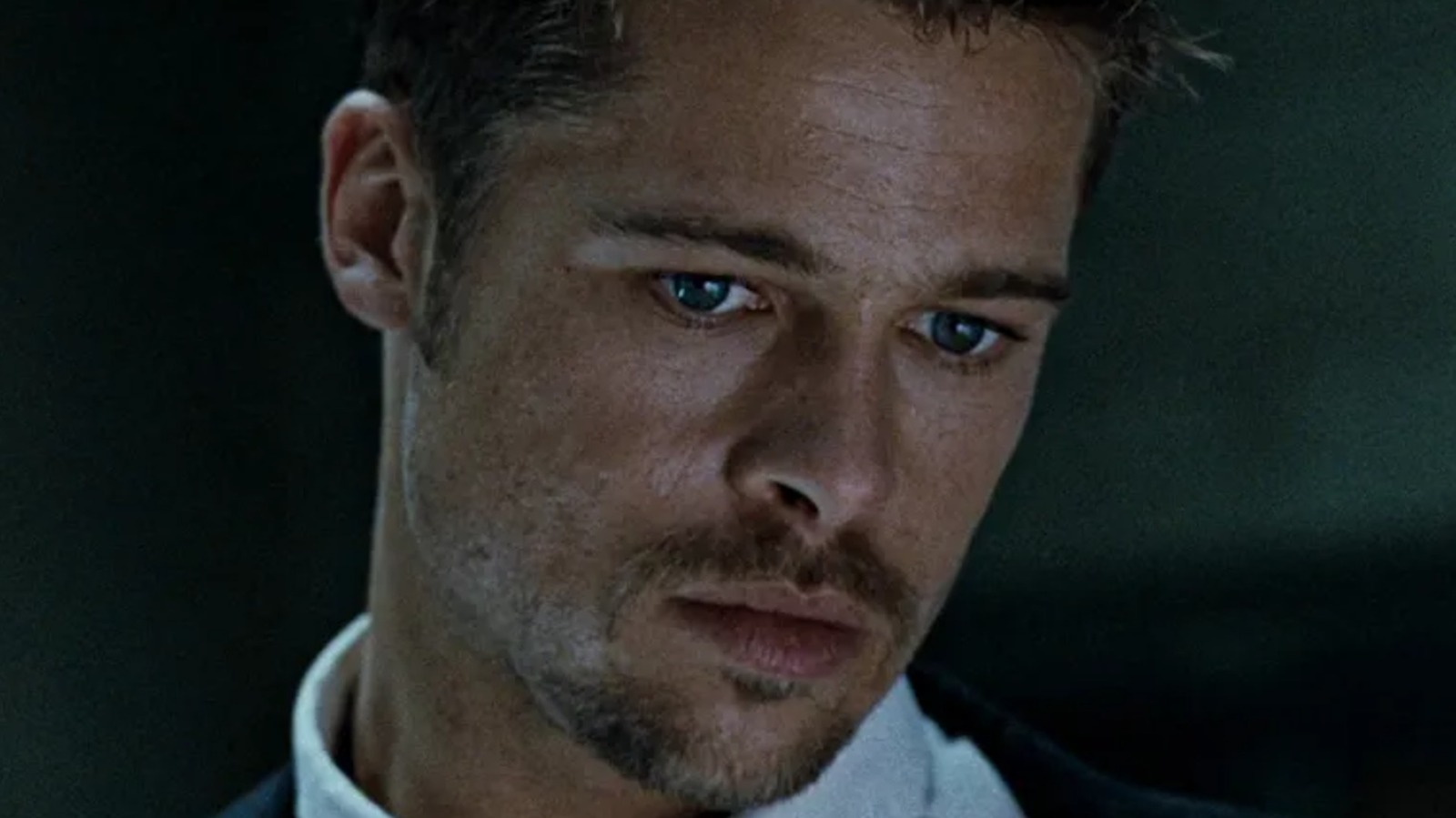
When reality begins to catch up to dystopian fiction, such speculative stories lose their edge over time. The same can be said about the latest entries in Charlie Brooker’s “Black Mirror,” a show once hailed as bleakly provocative in the best sense of the term. It’s possible our current reality is so hopelessly strange that the show’s cautionary, pessimistic stories can’t help but feel hollow in comparison.
Advertisement
All the same, “Black Mirror” has consistently told timely, thought-provoking tales about technological excess, absurdist metropolises, and the steady erasure of everything that makes us human. The series brings a distinct vibe to mainstream television, one where we hunger for stories that push the limits of the genre while compelling us to slow down and think. There’s a conscious desire for episodes that take wild swings, especially ones that combine the chilling coldness of technology with the warmth of human connection (which is eventually snuffed out).
An evolving entity like “Black Mirror” has obviously influenced other television shows with thematic or conceptual overlaps. For instance, the mind-bending, time loop element in the episode “White Christmas” informed several core concepts in “Severance,” while “San Junipero” served as a tonal benchmark for Damon Lindelof’s “Mrs. Davis.” But what are the influences that shaped “Black Mirror” as an anthology interested in a certain brand of speculative fiction? Speaking with Deadline in 2024, Brooker listed a bunch of inspirations, ranging from “The Truman Show” to “The Twilight Zone.” However, the showrunner cited David Fincher’s “Se7en” as being perhaps the biggest one when it comes to the series’ vibe:
Advertisement
“I recently re-watched ‘The Truman Show’ because I’d shown it to my kids who are 10 and 12 and they loved it. And I’d almost forgotten how influential that had been on me as a writer. I think in terms of ‘Black Mirror’, the most influential films probably are ‘The Twilight Zone’, ‘RoboCop,’ and ‘Se7en.’ The vibe of the end of ‘Se7en’ is often something I’m aiming at.”
While Brooker said this shortly after “Black Mirror” season 6 premiered on Netflix, it’s safe to say that the sentiment persists and that “Black Mirror” still aims to channel the morally crushing conclusion of “Se7en.” But what, exactly, did Brooker mean by this? Let’s revisit “Se7en” and consider how its merciless final moments inform what the show stands for.
David Fincher’s Se7en ends on a note of misery, but subtly dares to hope
To refresh your memory: “Se7en” takes place in an unnamed, lawless city where two detectives — William Somerset (Morgan Freeman) and David Mills (Brad Pitt) — work together to stop a serial killer (Kevin Spacey) who targets victims based on the seven deadly sins. While Somerset is more jaded and disconnected from the horrific reality of his job, Mills is more passionate about the good fight, determined to find a silver lining. This difference in perspective stems from the fact that Somerset is almost at the end of his career (worn down by the world’s cruelty). Mills, on the other hand, is not only at the start of his, but he also has a lifetime with his wife, Tracy (Gwyneth Paltrow), to look forward to. However, a climactic confrontation with the killer (dubbed John Doe) dashes Mills’ tender dreams in the cruelest way possible, leading to one of the most intense, heartbreaking lines in movie history: “What’s in the box?”
Advertisement
Somerset, who is the picture of apathy throughout “Se7en,” is thoroughly shaken by the contents of the box. Upon gauging that the box contains Tracy’s severed head, Mills is manipulated into fulfilling John Doe’s (Spacey) nefarious murder scheme. By killing Mills’ hopes and dreams for a loving life (which the killer could only aspire to), John Doe embodies Envy, and if Mills is goaded into shooting him out of grief-stricken rage, he will embody Wrath. This is exactly how things play out in the end, as Mills’ entire world comes crashing down the moment he asks Somerset about the contents of the box. Even the most driven, optimistic upholder of justice is ultimately broken by evil. Even with the perpetrator dead, true justice remains out of reach.
Advertisement
As cynical as this ending is, Fincher sprinkles a sliver of hope when Somerset decides against retiring for good. “Around. I’ll be around,” he says in the film’s closing scene, making it clear that he will not be running away from the evil that engulfs his city and will instead try to face it head-on. In a certain sense, Mills’ innate optimism is now nurtured by his partner, who has finally realized that the world is worth fighting for. This is not strictly hopeful as it is bittersweet at best, but it is infinitely better to do something about a rotten world than to distance oneself in an apathetic bubble.
Circling back to “Black Mirror,” I believe Brooker wants to capture this bittersweet sentiment, where the pitfalls of a dystopian world need to be acknowledged, but hopeless surrender is not the answer. While not every episode in the anthology can embrace cautious optimism, the overarching vibe can be more meaningful than all-consuming bleakness about a reality that can still be changed.



